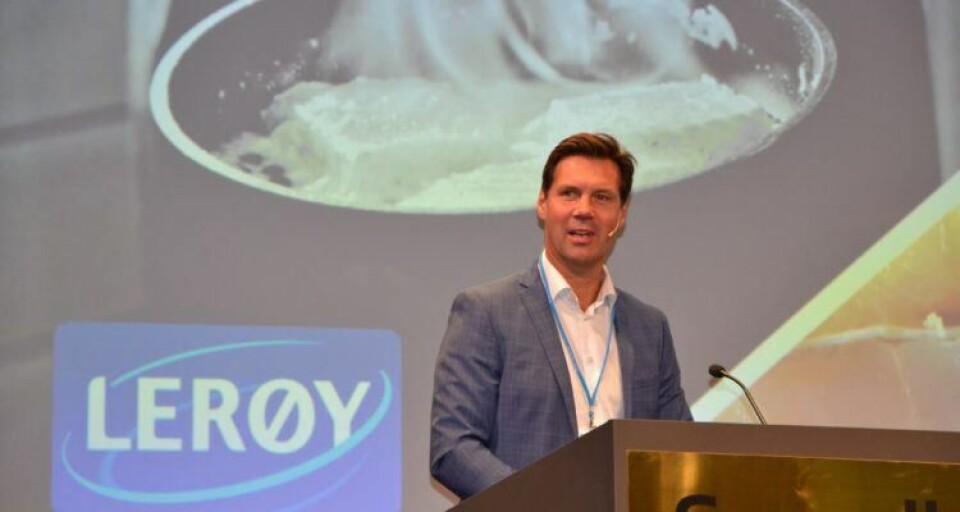
Lerøy reveals record third-quarter profits
Lerøy Seafood Group (LSG), which has a 50 per cent stake in Scottish Sea Farms, has announced record operating profits for the third quarter of 2017.
LSG reported operating profit before fair value adjustment related to biological assets of NOK 861 million (£80m) in Q3 2017, compared with NOK 481m (£45m) in Q3 2016. It said the increase in harvest volume for salmon and trout was the most important factor behind the improvement in profit when compared with the figures for the same quarter last year.
The company, the world's second-largest salmon and trout farmer, harvested 46,024 tonnes gutted weight of salmon and trout in Q3 2017, a big rise compared to the 31,700 tonnes harvested in the same period last year.
Room for improvement
"We have achieved the highest revenue and the highest operating profit ever to be reported by the Group in a third quarter," said chief executive Henning Beltestad. "We are pleased with such a good result, but there still remains plenty of room for improvement and this is where our focus lies."
The figures include contributions from LSG's wild catch and value added products, sales and distribution divisions, as well as fish farming.
Operating profit for the farming segment before fair value adjustment related to biological assets was NOK 715 million in Q3 2017, up from NOK 397 million in Q3 2016.
Trout prices match salmon
LSG said spot prices for trout saw a significant improvement in the second half of 2016 and into 2017, and the prices realised for trout in Q3 2017 were on par with prices for salmon. 46 per cent of the volume harvested by its Lerøy Sjøtroll division in western Norway in Q3 2017 was trout.
It added that the trade barriers that blocked access to the "all-important" trout market in Russia in August 2014, and which still remain, had been severe and had caused substantial losses for the Group over the past three years.
The company encountered some difficulties with salmon during the last part of the quarter, due to poor gill health in certain localities, that required action, including early harvest. This resulted in a significantly lower profit in the quarter.
LSG said that as of Q3 2017, the harvest volume is 4 per cent higher than in the corresponding period in 2016. The Group currently expects the total harvest volume in 2017 to be higher than in 2016. EBIT/kg increased from NOK 12.5 per kg in Q3 2016 to NOK 15.5 per kg in Q3 2017.























































